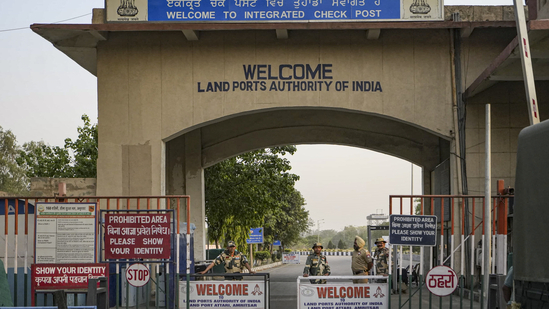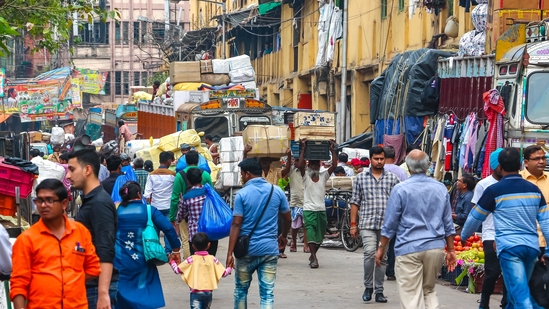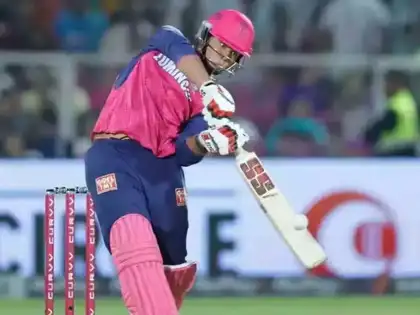In a big relief for police officer Ifthkar Ali and his siblings, including five sisters, the courts have stopped their deportation to Pakistan. They will now be returned to their home in the Poonch district of Jammu and Kashmir. The family was taken from their home and moved to Punjab, where they were supposed to be deported, even after the high court said they should not be forced to leave.
The nine family members, who lived in Jammu and Kashmir for many years, were part of a larger group of over two dozen people who received deportation notices. Some of these people, including Pakistani women married to local residents, have already been sent back to Pakistan. Many others have been waiting at the borders for their deportation.
This situation got more serious following the Pahalgam terror attack in April, which killed many people. The Indian government announced that all Pakistani nationals on short-term visas had to leave India quickly or face legal action.
Ifthkar Ali, 45, who has worked in the police for 27 years, argued in court that he and his siblings are not from Pakistan but have lived in the Salwah village for generations. The high court agreed and said they should not be deported, but the government must now look into their case and report back in two weeks.
As the family awaited news about their return, they faced a long day of uncertainty. Activists and relatives protested for their rights, asking for help from the authorities, since their father had lived and died in India after returning from Pakistan-occupied Kashmir in 1983. The family has land and important documents proving their residency in India.
Emotional moments were shared as they awaited news, with Ali’s wife concerned about what would happen to their children if he were deported. “We have no family in Pakistan. Where would they go?” she asked sadly. Similar fears filled the hearts of two elderly sisters in Rajouri, who were also facing deportation. They begged the government for compassion, saying they had lived in India for decades and had no one in Pakistan to care for them.





Leave a Reply